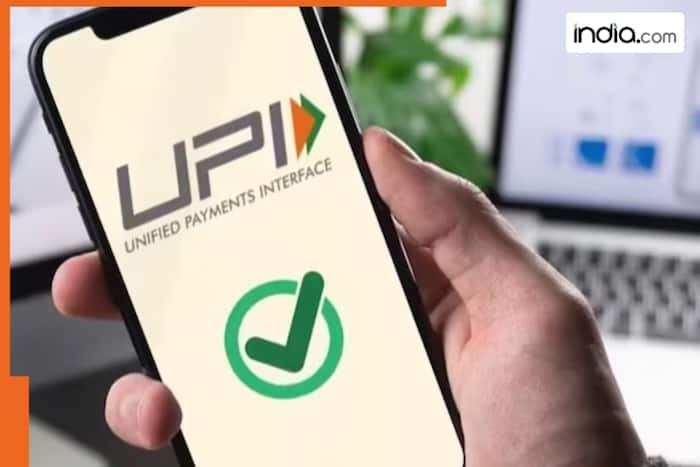The number of daily transactions stood at 516 million in November.

New Delhi: After touching an all-time high in October, the unified payments interface (UPI)-based transactions stood at 15.48 billion last month which is a 38 per cent year-on-year growth, along with Rs 21.55 lakh crore in total transaction amount — a 24 per cent YoY growth, the National Payments Corporation of India (NPCI) data showed on Sunday.
In October, UPI recorded 16.58 billion transactions worth Rs 23.5 lakh crore, the highest since the UPI became operational in April 2016.
The number of daily transactions stood at 516 million in November with Rs 71,840 crore in daily transaction value.
According to the NPCI data, the Immediate Payment Service (IMPS) transactions stood at 408 million with a total transaction amount of Rs 5.58 lakh crore in November.
FASTag transactions grew by 4 per cent in volume to 359 million, up from 345 million transactions in October. Aadhaar Enabled Payment System (AePS) transactions stood at 92 million, with a value of Rs 23,844 crore during the period.
According to the government, UPI has not only made financial transactions fast, secure, and effortless, but it has also empowered individuals, small businesses, and merchants, driving the country’s shift toward a cashless economy.
This remarkable achievement highlights India’s commitment to leveraging technology for inclusive growth and economic progress.
“UPI has transformed digital payments in India with its unparalleled ease, security, and versatility. By enabling round-the-clock transactions and offering features like single-click payments and virtual addresses, it ensures both convenience and privacy for users. Its ability to integrate multiple banking services into one app makes it a game-changer in financial technology,” said the Ministry of Finance.
The integration of RuPay credit cards with UPI marks another revolutionary step in the digital payment landscape. This feature allows users to access the benefits of both credit cards and UPI for transactions, enabling them to make payments through their credit lines instead of drawing from savings accounts.

